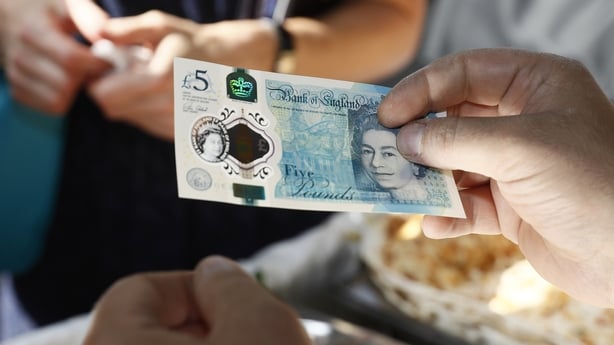An unexpectedly weak December dragged on British retail sales growth in the fourth quarter of last year.
However, UK consumers still spent strongly over the October-December period as a whole.
Shoppers have driven the UK economy since June's referendum decision to leave the European Union, just as other sources of growth like investment and trade have lagged.
Official data today showed retail sales volumes dropped 1.9% month-on-month in December.
This was far below economists' forecasts in a Reuters poll for a 0.1% decline and the biggest fall since April 2012.
But retail sales growth in the fourth quarter overall stood at 1.2%, enough to make a 0.1 percentage point contribution to economic growth over the period.
The weak December figures, which can be volatile month-to-month, contrast with trading reports from major retailers who mostly reported a strong Christmas season.
UK policymakers have been heartened that British consumers have shown little sign of Brexit nerves, but there is also anxiety that the economy is too reliant on them for growth.
Bank of England Governor Mark Carney said earlier this week that he would keep a close eye on consumers.
He said that consumption-led expansions were generally weaker than broader-based ones, as they often became dependent on ever-higher rates of borrowing.

A Reuters poll of economists published earlier this week suggested Britain's economy is likely to grow around 1.2% this year - around half the rate of 2016 - although a recession is not on the cards.
The ONS said sales across all types of retailers - bar "other stores" covering a wide range of shops like pharmacies, books and garden shops - fell in December.
The data showed retail prices rose 0.9% in December compared with a year ago, the biggest jump in three years and adding to signs that fall in the value of the pound since the Brexit vote is pushing up inflation.

